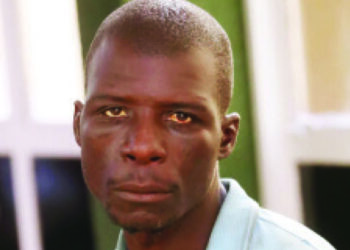The recent arrest of Omega Chemhere in Chivhu has brought renewed attention to the troubling rise in cases of child dumping, particularly concerning the concealment of stillborn infants.
This alarming trend underscores a larger societal issue where young and often unprepared parents find themselves overwhelmed by the prospect of raising a child, leading to desperate and tragic decisions.
The incident, which involved the disposal of a stillborn baby girl’s body at a local school, highlights the urgent need for increased awareness and support systems for those facing unplanned pregn_ncies.
In light of such cases, relevant authorities have been vocal in urging individuals who feel they cannot afford to care for a child to seek help instead of resorting to dangerous and inhumane actions.
Community organizations and hospitals have established safe havens, such as “safe surrender” programs, where parents can leave their babies without fear of legal repercussions.
Additionally, increased access to counseling and parenting resources can provide critical support for those in crisis.
The government and NGOs are working together to promote education on reproductive health to prevent unwanted pr3gnancies from occurring in the first place.
Mental health resources are also being emphasized, as the emotional and psychological toll of unplanned parenthood can be immense.
By fostering a supportive environment and ensuring that help is readily available, communities can work to curb the tragic phenomenon of child abandonment.
By confronting the stigma surrounding unplanned pregnancies, society can empower individuals to make informed decisions and seek the aid they need.
Ultimately, building a robust support system is essential to ensure the safety and well-being of both parents and children alike.










